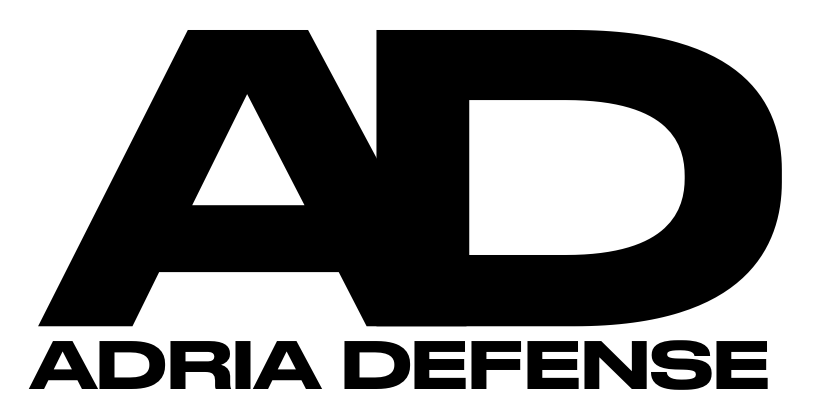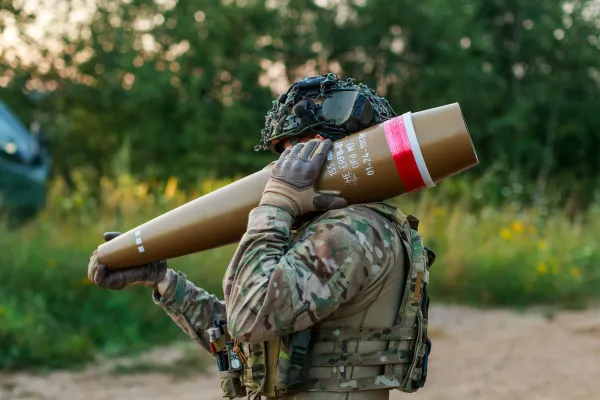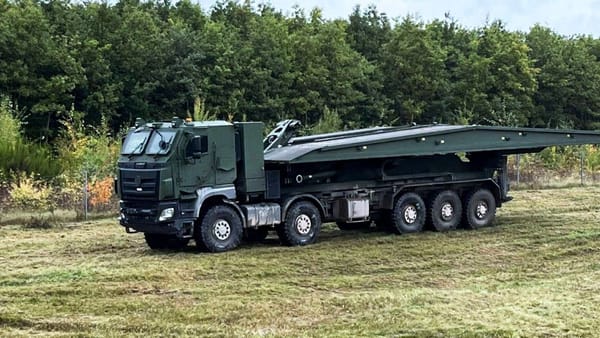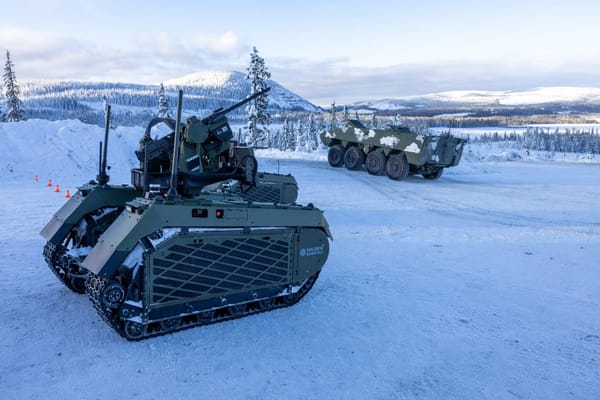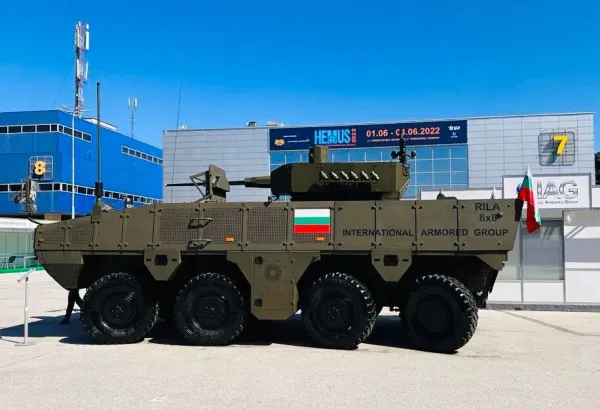Italians, Turks and Americans in the race for the Croatian ammunition factory

While some Croatian entrepreneurs are considering pausing their investments due to the current geopolitical situation, the Government is continuing with plans for another strategic investment — an ammunition factory. Croatia, as well as Europe, must have access to its own resources, and one of the key military-industrial resources in times like these is ammunition, which must be produced within the EU. This, Defense Minister Ivan Anušić told us, will ensure the long-term competitiveness of both Croatia and Europe.
“Several renowned companies are interested in building a small- and large-caliber ammunition factory in Croatia. Alongside equipping and modernizing the Croatian Armed Forces, our priority is also the development of the domestic defense industry — an important part of that story. It has now become a matter of national interest, and even national security, to have a strong and efficient Croatian defense industry so that in the future we can rely more on our own production and capacities, and less on foreign procurement,” said Anušić.
An Ambitious Project
After years of waiting and several unsuccessful attempts, Croatia has once again launched an ambitious project that is expected to strongly influence the development of its domestic defense industry. According to announcements, the project will be implemented with both domestic and foreign partners, one of which could be Karlovac-based HS Produkt.
“HS Produkt would not be the project’s lead partner, but we are interested in participating as subcontractors,” said Željko Pavlin, CEO of HS Produkt, in a brief statement for Lider.
It’s worth recalling that discussions about an ammunition factory were already held back in 2019, with Kerestinec mentioned as a potential location, and HS Produkt also being part of the talks at that time.
According to unofficial information, the project is already in an advanced phase. Depending on whether we’re talking about small- or large-caliber ammunition, the investment would amount to around €300 million. It would reportedly be financed through a loan — meaning it would not rely on EU defense funds such as SAFE or ReArm. The loan is said to include a one-year grace period, with a 45-year repayment term, although the lender has not yet been disclosed.
A Greenfield Investment
Speculation has already begun about which companies HS Produkt might cooperate with. Unofficial sources point to serious interest from renowned European ammunition manufacturers, such as the Italian Beretta Group, which has reportedly already submitted a letter of intent.
The project is planned as a greenfield investment: under this model, the state would provide the necessary infrastructure and land, while the partner would cover the costs of construction, equipment, and production setup.
According to available information, the location for the small-caliber ammunition plant — intended for weapons such as pistols and assault rifles — has already been selected, though it remains undisclosed. In parallel, intensive negotiations are underway for a large-caliber factory, which would produce 122mm and 155mm artillery shells — items that have become highly sought after, strategically important, and extremely expensive amid Europe’s current security challenges.
As Minister Anušić noted, a 155mm artillery shell, once priced at €550–600, now costs between €4,500 and €5,500 on the market.
Reportedly, investors from Turkey have expressed interest in the project, and recently, another country has also shown intent. Nicole McGraw, U.S. President Donald Trump’s nominee for the next U.S. ambassador to Croatia, mentioned before the U.S. Senate Foreign Relations Committee that there may be opportunities for joint ventures between American and Croatian companies — specifically in ammunition production.
Strategic Advantage
The two factories combined are expected to employ 200 to 300 workers, depending on production expansion and export development. Additionally, the ammunition plants could open opportunities for broader cooperation within Croatia’s defense sector — including supply chains, logistics, and new technology development.
If all goes according to plan, Croatia could, within a few years, establish a functional and internationally competitive ammunition production capacity, ensuring — for the first time in its modern history — a long-term strategic advantage in supplying its own armed forces, while becoming a significant ammunition exporter.
